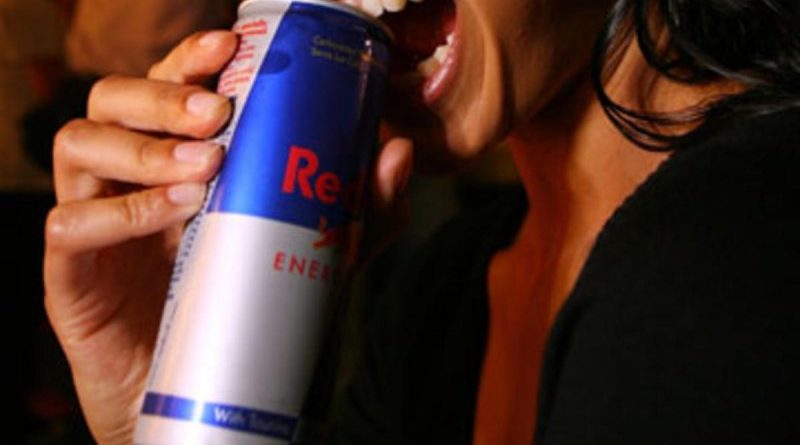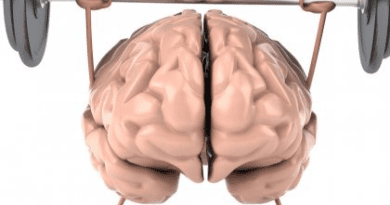Red Bull is Considered a Gateway Drug?
We all heard that Red Bull can give you wings, but now a drug problem as well? To be completely honest, according to new research, so could Monster Energy and all the other highly caffeinated beverages out on the market. While I find all of this quite comical, it’s what the research is showing — that these products are considered a gateway drug. So, I guess this means down the road I’m going to have substance abuse issues since I love energy drinks? I have a feeling I’m going to screw up their research and statistics.
You have an ED problem
No, you don’t have an erectile dysfunction problem, you have an energy drink problem from what researchers are saying. And if you don’t fix this issue, you could be headed down the path to more serious stimulants (in the form of drugs) or alcohol. If you’re like me, you’re laughing at the thought of going down the rabbit hole and turning your love for energy drinks into something more serious.

Yet, researchers are claiming that continuous and sustained used of energy drinks can increase the likelihood that you’ll use cocaine, prescription stimulants, and alcohol (or just about any type of gateway drug). Heck, maybe you’ll use them all at the very same time? That’s a joke. But, in all seriousness, this is completely blowing my mind that they think there is a correlation between energy drinks and illegal drug use. There’s no denying that the energy drink category has exploded over the years. Sales continue to skyrocket without an end in sight. More and more people are becoming “addicted” in a sense to caffeine. Without their morning cup of coffee or energy drink, their mood might be altered or they might get headaches. It appears the main concern of this study is on the overall quantity of caffeine that an individual is taking in during the day or at one time.
My mind is blown how you can put energy drinks and energy shots in the same category as cocaine (or any type of gateway drug). Yet researchers are saying, “This study provides evidence of a specific contribution of energy drink consumption to subsequent substance use. Because of the longitudinal design of this study, and the fact that we were able to take into account other factors that would be related to risk for substance use.”
How did they come to these findings?
Researchers pulled around 1,100 freshmen from colleges who averaged out to be around 18 years of age. They were able to engage these students in regular surveys when they were between 21-25 to see how their behaviors changed over time. While the prevalence of energy drink use dropped in the group, there was an increase in drug/cocaine use as well as alcohol.
One of the researchers mentioned, “These findings suggest that energy drink consumption might be a novel catalyst for alcohol abuse and certain types of subsequent substance use—namely prescription stimulants and cocaine use. Because other caffeine consumption was included in the model, it is intriguing that the relationship with substance use outcomes appears to be specific to energy drink consumption and not to the other forms of caffeine.”
Click here to continue reading…


*Disclosure: This article may contain affiliate links or ads, which means we earn a small commission at no extra cost to you if you make a purchase through these links. These commissions help support the operation and maintenance of our website, allowing us to continue producing free valuable content. Your support is genuinely appreciated, whether you choose to use our links or not. Thank you for being a part of our community and enjoying our content.
PLEASE CONSIDER SHARING THIS ON YOUR SOCIAL MEDIA TO HELP OTHERS LEARN MORE ABOUT THIS TOPIC.





